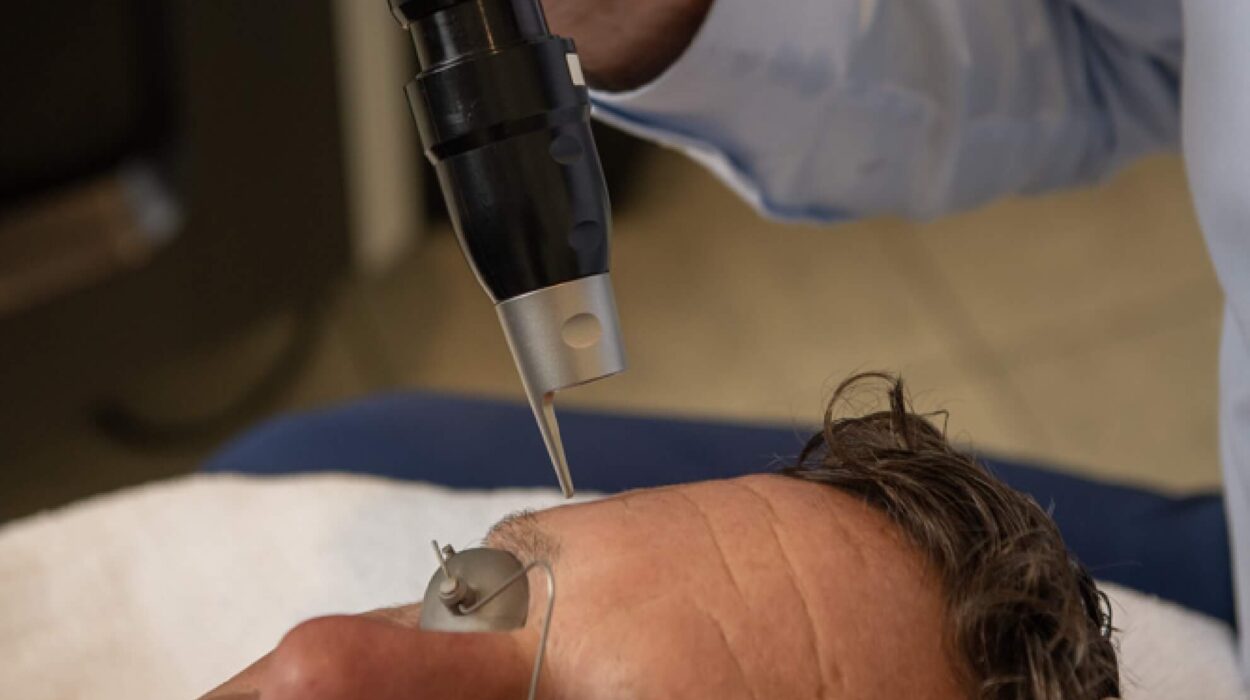Marketing a cosmetic surgery clinic in 2025 requires smart choices about where to focus your time and money. Two of the most effective strategies are SEO (search engine optimization) and social media marketing. Both can generate visibility, leads, and patient inquiries — but they work in very different ways.
So, which one should you focus on? The answer depends on your goals. Let’s break down the differences, benefits, and drawbacks of SEO for cosmetic surgeons versus social media marketing, and how to decide what’s best for your clinic.
What SEO Means for Cosmetic Surgery Clinics
SEO is about optimizing your website so it ranks higher in Google search results. This matters because patients actively search for treatments like “facelift near me” or “liposuction in [city].” These people already have intent — they’re not casually browsing.
Benefits of cosmetic surgery SEO include:
-
Long-term results: Once your site ranks, it continues to generate patient inquiries.
-
High-intent leads: People arriving from Google are actively considering procedures.
-
Local visibility: Your clinic shows up on Google Maps and in local search results.
-
Cost efficiency: SEO doesn’t stop working the moment you stop spending.
With the right cosmetic surgeon SEO services, your clinic can build authority, visibility, and steady growth.
What Social Media Brings to the Table
Social media platforms like Instagram, TikTok, and Facebook allow cosmetic surgery clinics to showcase transformations, engage with patients, and build brand awareness. Unlike SEO, the audience here isn’t always searching for a procedure — they may just be scrolling for inspiration.
Benefits of social media marketing include:
-
Visual storytelling: Before-and-after photos and short videos capture attention.
-
Patient engagement: Direct conversations build trust.
-
Brand personality: Social media humanizes your clinic and builds relationships.
-
Viral reach: Creative or trending content can quickly spread and boost exposure.
For cosmetic surgeons, social media is powerful for visibility, but it doesn’t always deliver the same patient intent as SEO.
The Key Differences Between SEO and Social Media
The biggest difference is audience intent. Patients who find you through SEO are usually ready to book a consultation or at least compare clinics. Social media audiences, on the other hand, are more likely to be browsing and exploring ideas.
Longevity is another difference. SEO takes time to build but delivers consistent long-term results. Social media, however, is fast-moving — a post may go viral for a day, then disappear from feeds.
There’s also the cost factor. SEO requires an upfront investment but provides long-term ROI, while social media usually requires constant posting and ad spend to stay visible.
Which Should Cosmetic Surgeons Choose?
If your goal is to bring in more consultations and actual patients, SEO should be your priority. Ranking high on Google captures people who are already searching for services in your city.
If your goal is to build brand awareness and connect with a wider audience, social media is the better choice. It allows you to showcase transformations, patient stories, and your clinic’s personality.
The most effective strategy is to combine both. Use SEO for cosmetic surgery websites to attract high-intent patients, and use social media to strengthen relationships and brand trust.
How SEO and Social Media Work Together
Instead of treating SEO and social media as separate, think of them as partners. Social media raises awareness of your clinic, which can lead people to search for you on Google. SEO ensures they actually find you when they do.
Content from your blog can be repurposed into bite-sized posts for Instagram or TikTok, while testimonials from social media can strengthen your SEO-driven website content. This creates a loop of visibility where each channel supports the other.
Final Thoughts
SEO and social media marketing both have value for cosmetic surgery clinics. SEO delivers high-intent patients ready to book, while social media builds awareness and connection.
If you have to choose one, start with SEO. It gives you long-term visibility and consistent patient inquiries. But for the strongest results, a combined strategy is best.
With the help of a cosmetic surgery SEO agency, you can dominate Google search results, while your social media efforts keep your clinic relatable, engaging, and top of mind for future patients.

